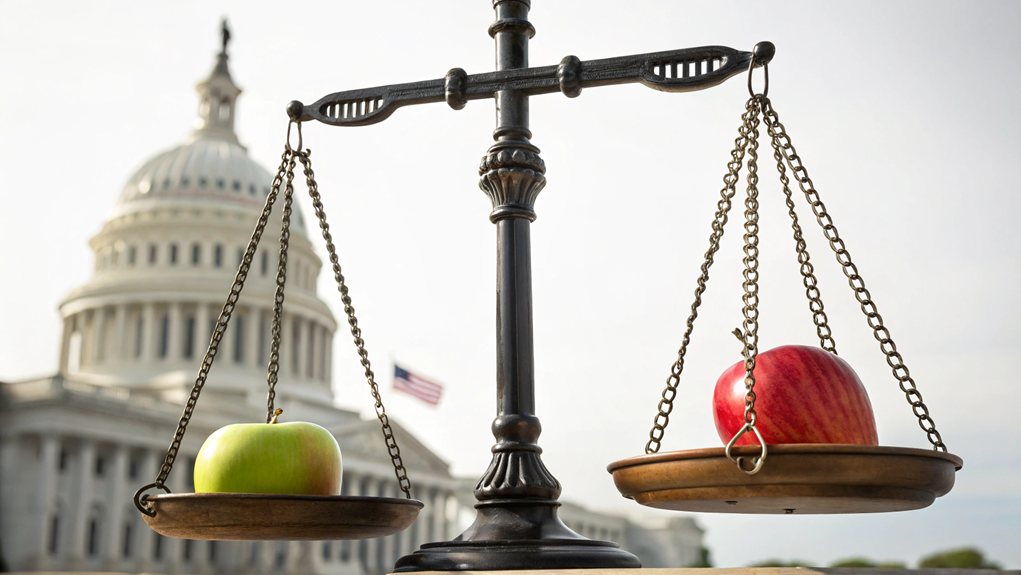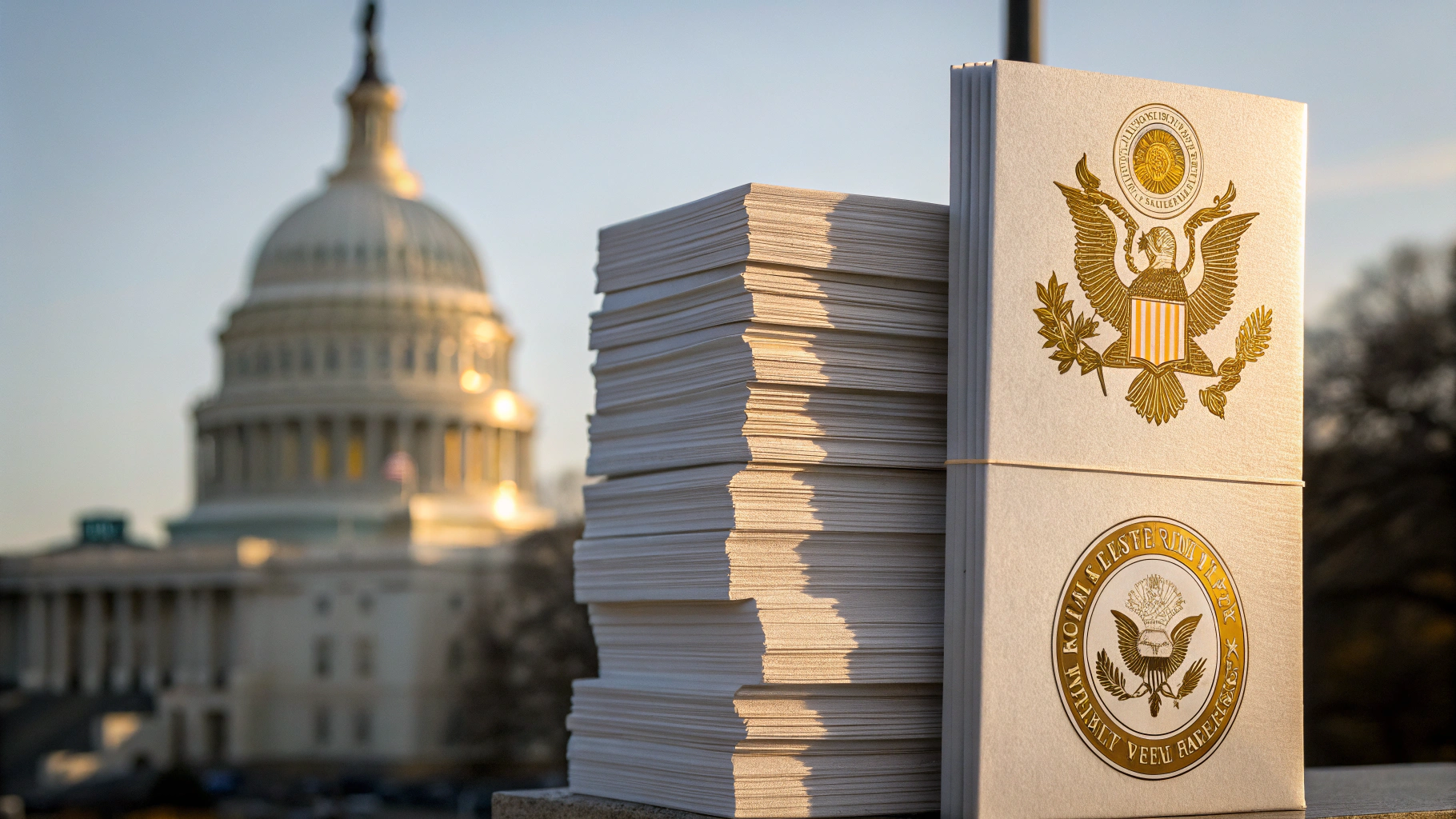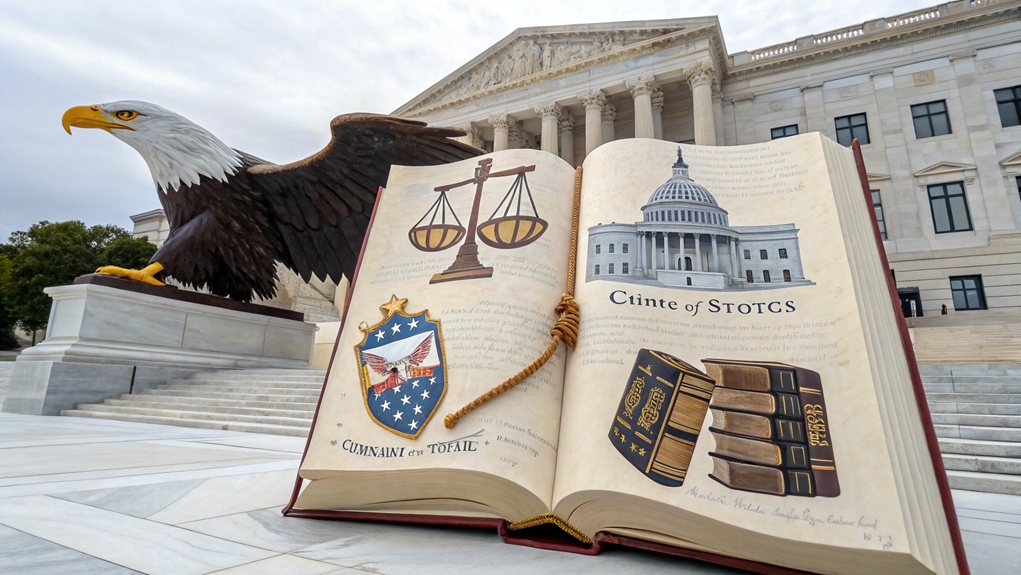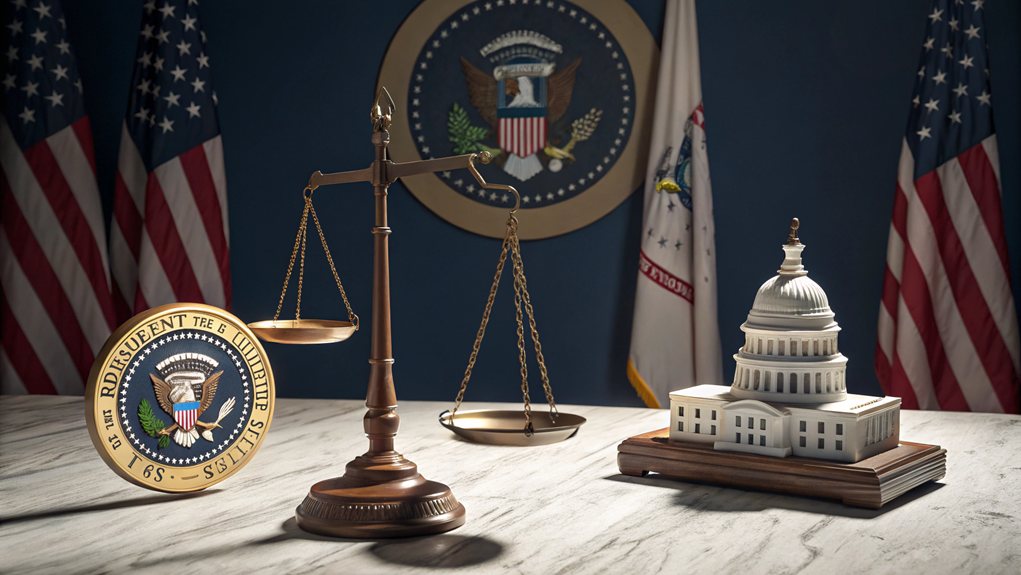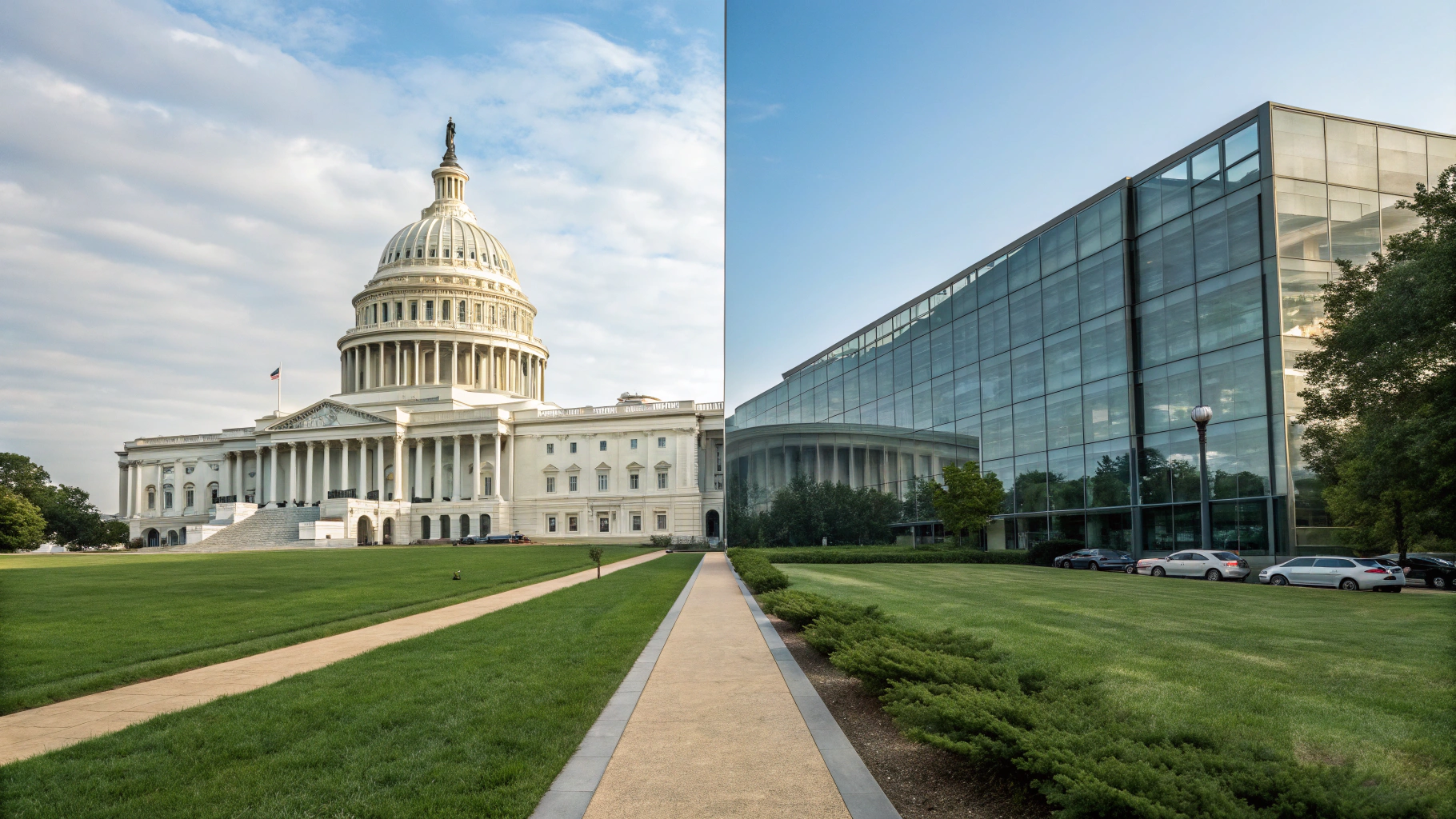US territories are like the awkward cousins of states. They're governed directly by the federal government, missing out on the sweet perks like voting representation in Congress and meaningful roles in presidential elections. Sure, they pay taxes—except for federal income tax—but their benefits are pretty measly compared to those living in states. Not to mention, their constitutional rights take a hit. Want to know more about this uneven playing field? Stick around.
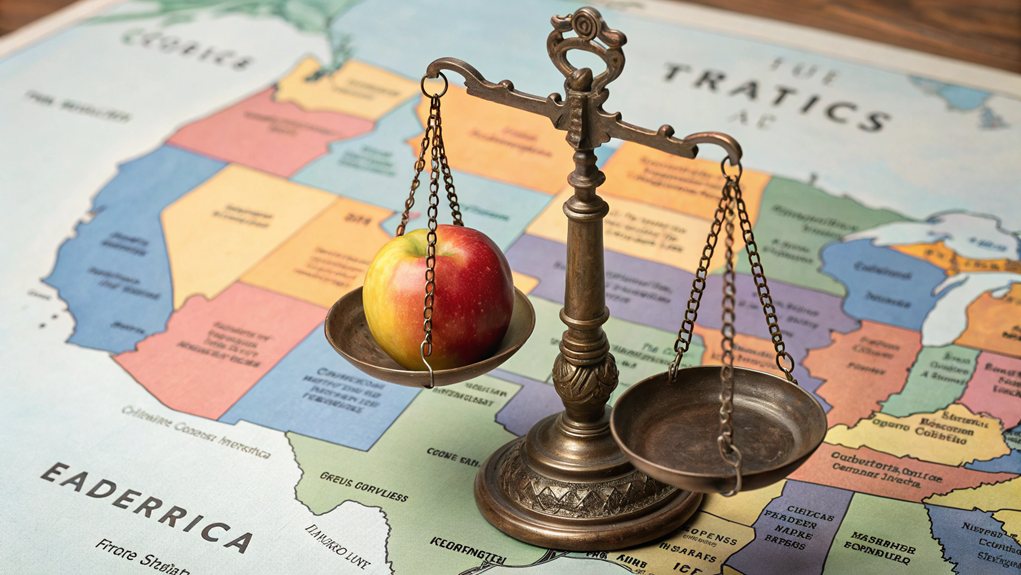
When it comes to governance, US territories and states are like apples and oranges, or maybe more like apples and the fruit nobody really knows how to eat. States enjoy the perks of federalism, sharing sovereignty with the federal government. They can enact laws and make their own rules, within reason. States also benefit from concurrent powers, where responsibilities like taxing and infrastructure are shared with the federal government.
US territories and states are worlds apart, with states enjoying the sweet taste of federalism while territories remain on the sidelines.
But territories? They're like the awkward cousin at Thanksgiving—there, but not really included. Territories are directly controlled by the federal government. That means their local elected officials have to play nice, staying in line with federal authority. Good luck with that.
When it comes to Congress, the disparity is glaring. States have voting representation in both the House and Senate. They get to send two senators each, a luxury territories can only dream of. Instead, territories send non-voting delegates to the House. These delegates can chat and introduce legislation but can't cast a vote. It's like being given a microphone at a concert but not being allowed to sing.
And don't even get started on presidential elections. Residents of territories can participate in primaries but are completely shut out of the general election. No Electoral College votes for them.
Then there's taxation. Here's a kicker: most territory residents don't pay federal income tax. Lucky them, right? But they still pay other federal taxes. So, it's a mixed bag.
As for federal benefits, well, territory residents might find themselves on the sidelines, receiving less than their state counterparts. This disparity comes from the fact that territories are governed directly by the federal government, limiting their ability to self-govern. Furthermore, many territories also have unique citizenship statuses, with American Samoa being a US national territory that complicates their rights and benefits.
And let's not forget about citizenship. Most residents are US citizens, except in American Samoa, where they're just US nationals. Their constitutional rights? Limited. Voting rights? Don't even go there.
The glaring differences reveal a system that, while united under the same flag, treats its territories like distant relatives, with just a hint of favoritism. It's a governance setup that raises eyebrows and questions.
Frequently Asked Questions
Can Territories Participate in Presidential Elections?
Territories can't vote in presidential elections. Yup, you heard that right. They're U.S. citizens but don't get a say.
No Electoral College votes for them, just a big fat zero. They can join the primaries, but when it comes to the actual election? Nope.
It's like being invited to a party but not allowed to eat the cake. It's frustrating and feels downright unfair.
Welcome to the reality of being a territory!
Do Territories Have Their Own Constitutions?
Territories don't have their own constitutions. Nope, not a thing. They might have local charters or organic acts, but that's not quite the same.
Some territories, like Puerto Rico, have a bit more structure with elected officials, but they're still under Congress's thumb. So, they get a taste of governance but no full buffet.
It's like being invited to a party, but you can't choose the music. How unfair!
Are There Different Tax Laws for Territories?
Absolutely, tax laws for US territories are a mixed bag. Some territories, like Guam and the US Virgin Islands, stick closely to the Internal Revenue Code, while others, like Puerto Rico, do their own thing.
It's like a tax buffet! But here's the kicker: federal oversight means these territories can't just tax willy-nilly. They have limited authority, and their representation in Congress? Non-existent.
No wonder tax policies are a hot mess!
How Are Governors Chosen in Territories?
In U.S. territories, governors are chosen through good old-fashioned popular vote. Yup, just like in the states. Their terms usually last four years—nothing crazy there.
But hold on, the rules can vary. Some territories have lieutenant governors, while others don't.
And if there's a vacancy, well, that's where it gets interesting. Procedures differ, and sometimes federal oversight swoops in like a superhero.
Can Territories Establish Their Own Local Laws?
Territories can technically create local laws, but hold your applause.
Congress has the final say, often pulling the strings. They can't just write any old law; certain rules are off-limits.
It's a bit like being handed a paintbrush but only allowed to use specific colors.
So, while there's some local governance, it's pretty much a game of "you can play, but don't go too wild."
Freedom? Not quite.
